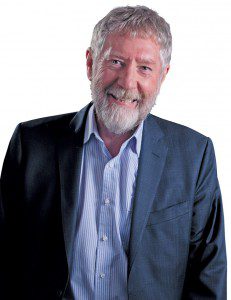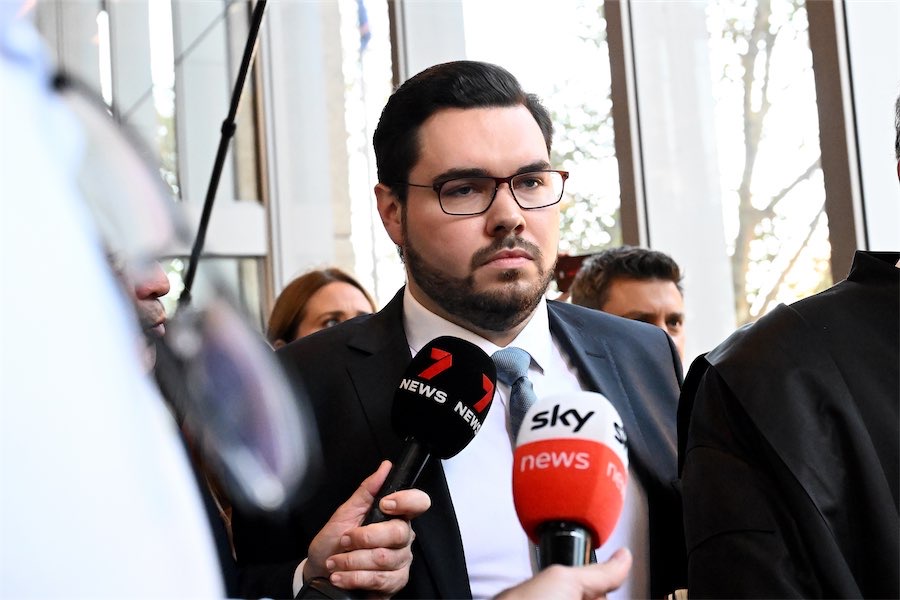
EVEN years out from an election, politicians are seriously attempting to grasp health policies. Years of neglect and slashing of expenditure on prevention in health has taken its toll.
The realisation is of health being more than hospitals and GPs, and this will be reflected at the ballot box.

Around 3000 delegates at the 15th World Congress on Public Health in Melbourne in early April heard Federal Minister Greg Hunt emphasise the importance of preventable chronic disease and its causes including obesity and tobacco use.
At the same congress shadow minister Catherine King, who only weeks earlier had run an outstanding national health consultation, reflected her understanding of the importance of prevention, protection and health promotion.
The following week, ACT Health Minister Meegan Fitzharris invited World Congress keynote speaker Dr Ruediger Krech, from the World Health Organization (WHO), to address a symposium of key health groups in Canberra.
Fitzharris sees an opportunity to consolidate Canberra’s place as one of the world’s healthiest cities. The OECD, in ranking Canberra as the “best place to live in the world”, included a 99 per cent score for health.
Health is defined by the WHO as “a state of complete physical, mental and social well-being, and not merely the absence of disease or infirmity”.
So why are the politicians worried? The prime reason for Canberra’s good health is socio-economics with the per capita income highest in Australia. Sir Michael Marmot in the ABC “Boyer Lectures” illustrated the direct relationship between health and wealth.
The Fitzharris symposium in Canberra will address some of the health challenges for the ACT including playing its part nationally and internationally.
The average spending by Australian governments on prevention has dropped to around 1.5 per cent of health expenditure. This short sightedness is at a time when obesity rates continue to grow, the impact of harmful use of alcohol and other drugs persists, preventable injuries continue and poor nutrition is widespread.
The good news is Canberra and Australia have one of the lowest smoking rates in the world. Over the last 20 years, immunisation rates in Canberra climbed from 85 per cent to 93 per cent. Unfortunately, 63 per cent of adults are overweight compared to 40 per cent in 1997.
There are good economic reasons for spending on prevention. Reduction in smoking reduces cancer, cardiovascular and other disease and the extraordinary costs for treatment. Healthier people have fewer days off work and are more productive. However, good health ought to be considered a human right – an end in itself.
For the majority of Canberrans, the forecast of a healthy and comparatively long life (average 83 years) is attainable. It is a different story for others.
However, as the Fitzharris symposium identified, there remain significant gaps in health outcomes for Aboriginal and Torres Strait Islander people as well as for migrants and refugees.
The chief health officer identified “more than 90 per cent of people surveyed in 2014 supported the ACT government taking active steps to reduce levels of overweight and obesity in the community” including “regulations, restrictions and incentives”.
He pointed out: “The strongest support was for measures targeting schools and children including physical activity and diet, junk food advertising and reducing the intake of sugar-sweetened drinks.”
Inequity, poor education and the physical environment are major drivers of poor health. Measures on health protection, prevention and promotion often lie outside the health portfolio. Climate change looms large as another extreme driver of poor health. Although the ACT is aiming for 100 per cent renewable energy, the Federal government is dragging its feet.
Health nearly cost the Coalition government at the last election. At least this created an atmosphere for creating policies for healthier communities and healthier people.
Michael Moore was an independent member of the ACT Legislative Assembly (1989 to 2001) and was minister for health. He is CEO of the Public Health Association of Australia and President of the World Federation of Public Health Associations.
Who can be trusted?
In a world of spin and confusion, there’s never been a more important time to support independent journalism in Canberra.
If you trust our work online and want to enforce the power of independent voices, I invite you to make a small contribution.
Every dollar of support is invested back into our journalism to help keep citynews.com.au strong and free.
Thank you,
Ian Meikle, editor





Leave a Reply